Microsoft wants your next gas stop to feature a cloud-connected experience
4 min. read
Published on
Read our disclosure page to find out how can you help Windows Report sustain the editorial team. Read more
As tech enthusiast, we seek out headlines and news about our favorite products and companies. Recent news sources seem congested with stories of Apple and Google smartwatches, connected homes, rampant increase in credit card/account information hacks and mobile payment solutions. Each of these trends speaks to the future of IoT. With each new headline, we see two of the three well-known consumer facing tech companies attempt to tackle the new IoT’s frontier.
Apple is looking to capitalize on the army of developers who have made iOS the default developing platform. They’re taking app innovations and integrating them into their watch, to market their expanding growth into the IoT. Meanwhile, Google bought its way into the homes with Nest, retooling Google Glass, refining the Android Wear experience, and slapping Android Auto on cars shipping this year. At this point, many are questioning whether or not the IoT will pass Microsoft by like mobile innovation arguably did.
Depending on how you look at it, Microsoft may be looking at the bigger picture through seemingly smaller endeavors. Kwik Chek, a Texas-based convenience store, has partnered with P97 Networks, PetroZone Mobile Commerce, and PetroZone Retail Fuels Module to create consumer convenience technologies that run on top of Microsoft cloud services. The new technologies target a customer experience with mobile phones to gas pumps, store point of sale (POS) terminals and loyalty programs. While not as flashy as watches and cars, this has the potential to be a huge business for Microsoft.
Industry estimates say there are 151,000 convenience stores in North America. The convenience store business posted a $696 billion in 2013. Kwik Check alone operates 39 store locations in Texas and Oklahoma. Microsoft is using its cloud-based platforms, Microsoft Azure and Microsoft Dynamics AX as the connected tissue that powers Kwik Check’s mobile and in-store solutions.
The Azure part of the Kwik Check’s integration tackles analytic insights into things like loyalty programs. Each purchase a customer makes, they acquire points towards future discounts or benefits. With this purchase information, the convenience store can better populate their inventory which reduces cost and marketing.
“Having customers’ data really helps us offer them the best possible service, customized to their preferences and needs. It’s really transforming the whole experience,” says Kwik Check CEO, Kevin Smart.
While Azure handles the information transferred to customer and stores through the cloud, Microsoft Dynamics AX helps to refine the in-store POS. Dynamics AX modern POS works with interchangeable low-cost mobile tablets. The touchscreens are based on Windows technology and are intended to reduce training time and cost and provide quick transactions at checkout.
While Windows Phone users are looking for scraps of news about a mobile solution for the platform, Kwik Check, and PetroZone Mobile Commerce have an app that works with Windows, Android, and iOS. The app does quite a bit as well. Customers can seek out the nearest Kwik Check locations, reserve a pump and find out if each location is car wash ready, and whether it has an ATM and other services. Beyond the services, the app also uses secure, multi-factor authentication for more secure payments.
“When you have credit card information stolen, all sorts of damage can occur, from identity theft to charges online. With the PetroZone app, no cardholder data is ever stored or transmitted to or from the phone; even if you lose your phone, there are ways to wipe that phone remotely. It’s a far more secure method of payment,” says Smart.
As we can see, Microsoft’s ambitions and approach to the IoT things seems to be more of a play for foundation than it is for simply layering software. The IoT things are shaping up to be a bunch of connected devices that all report back to a central form of intelligence. Businesses, customers, and consumers can then check that bucket of intelligence to gain insight and information about themselves and the world around them. Microsoft seems like it Is positioning itself to be that repository of information regardless of device, service or platform.




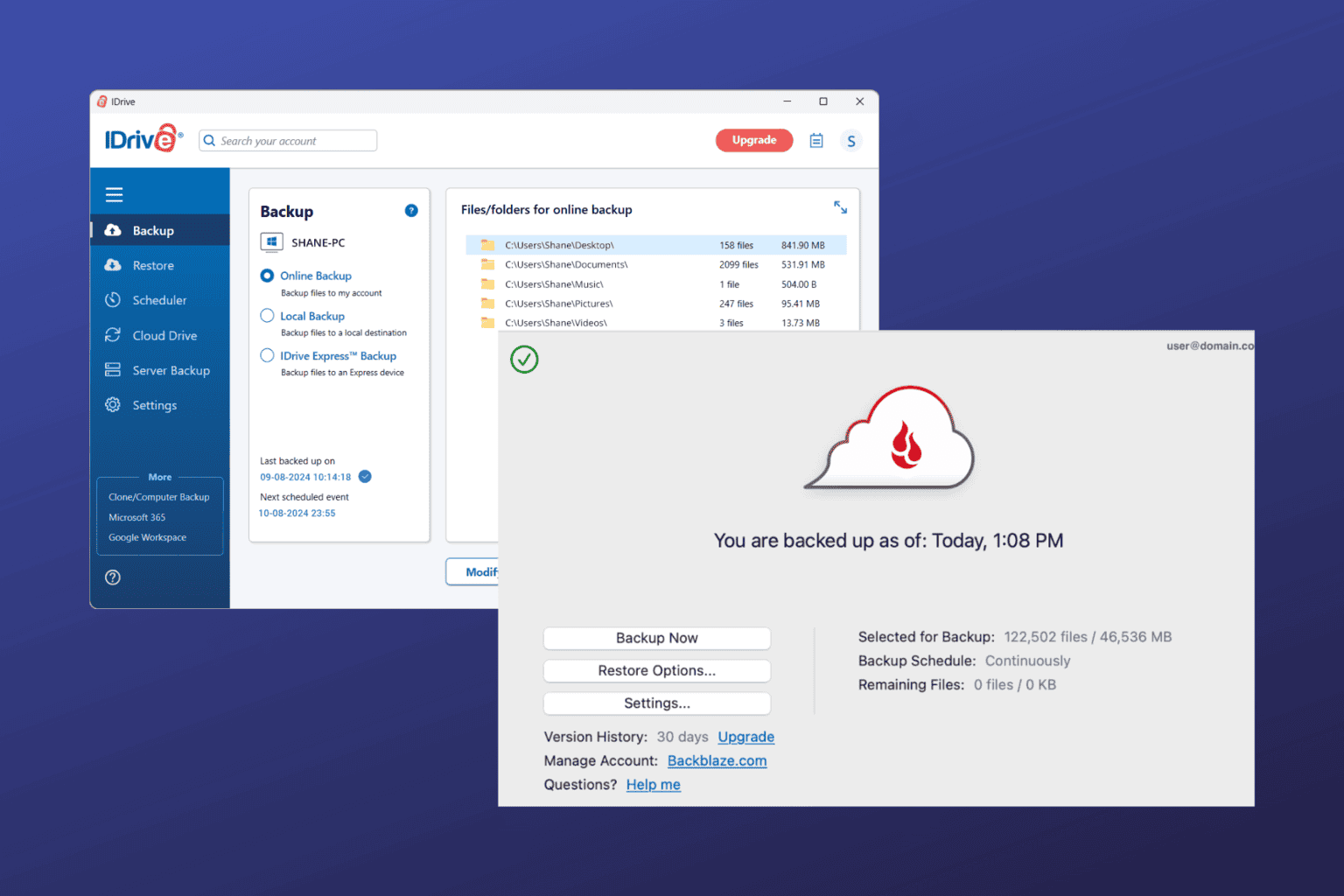
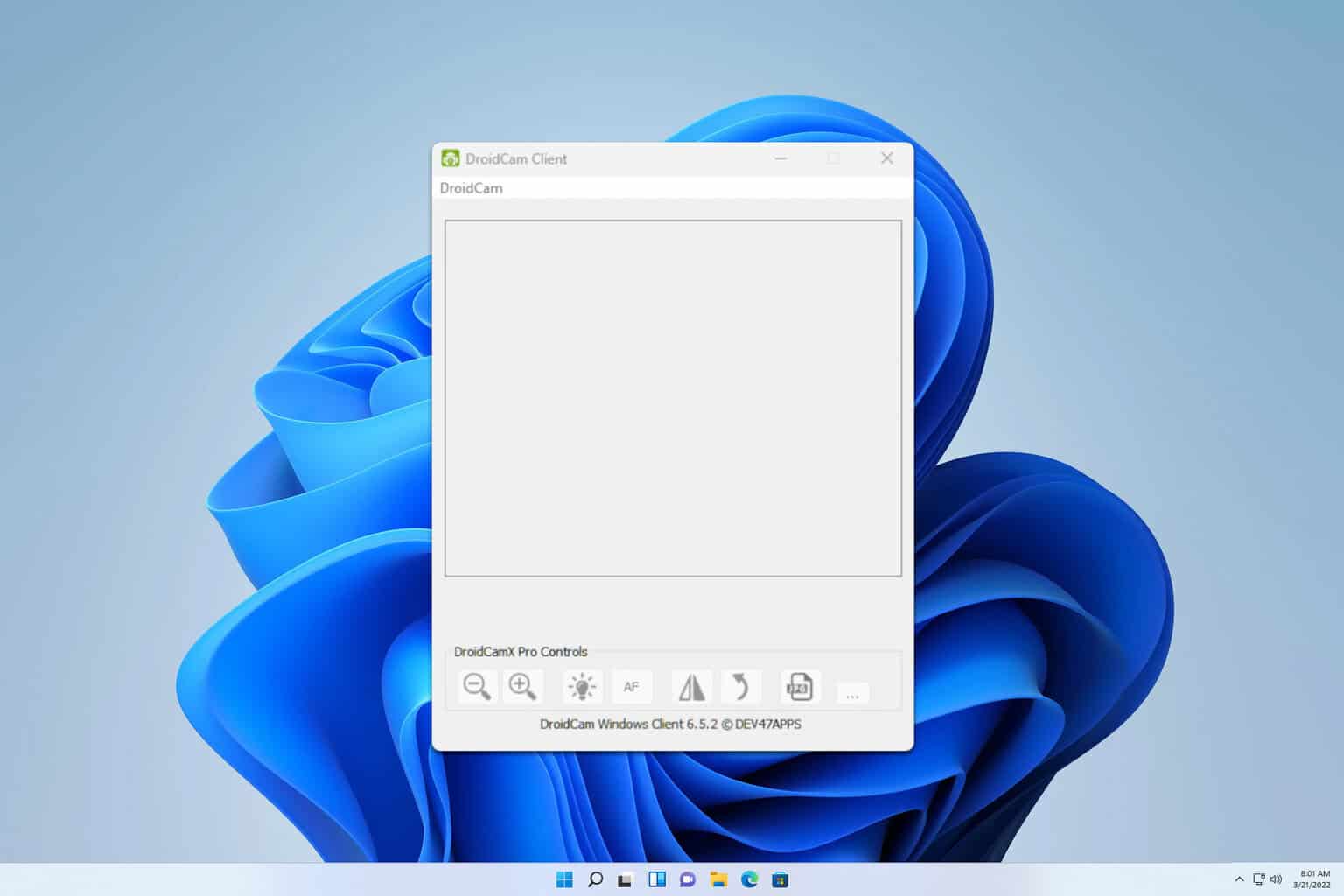
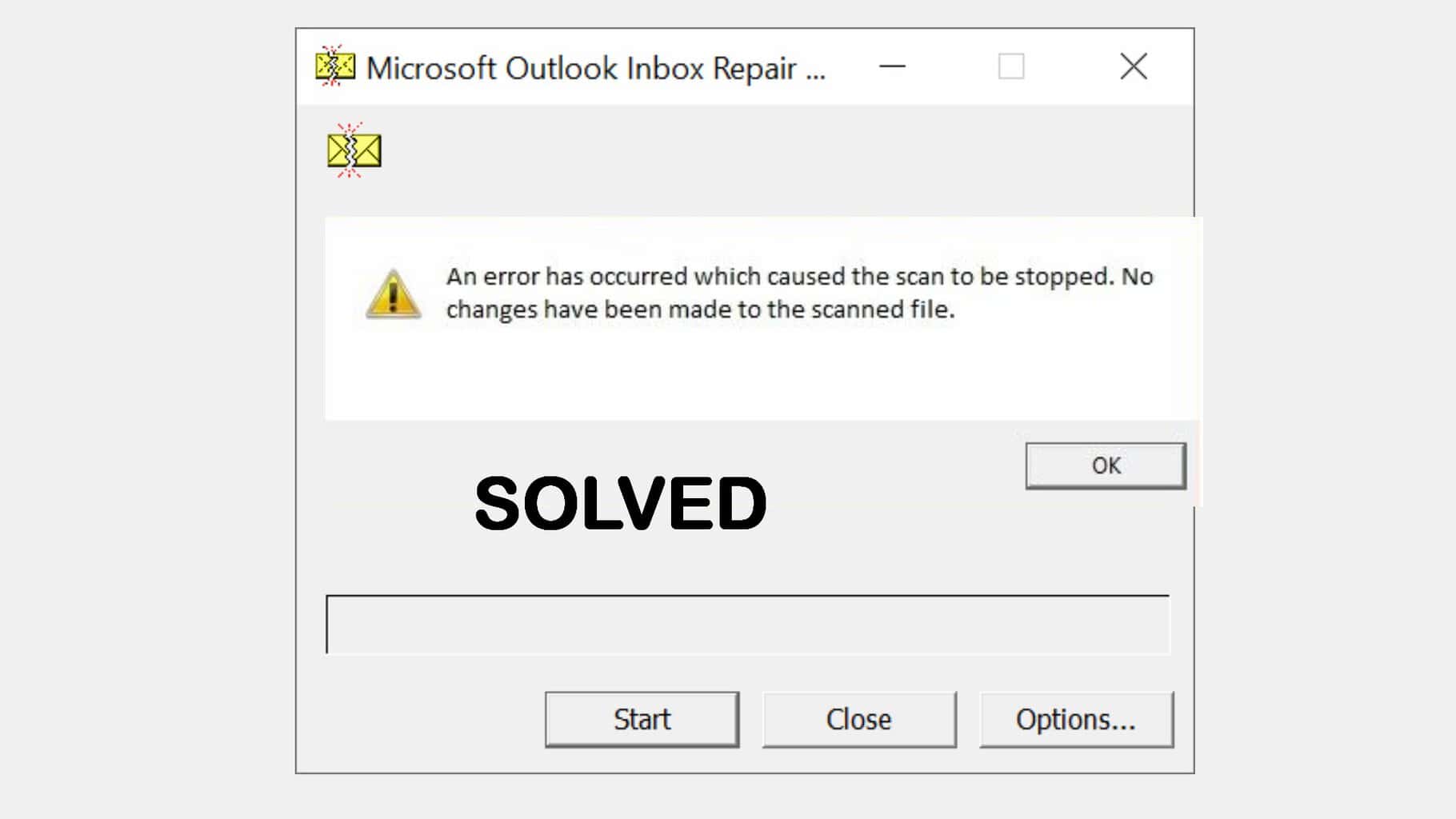
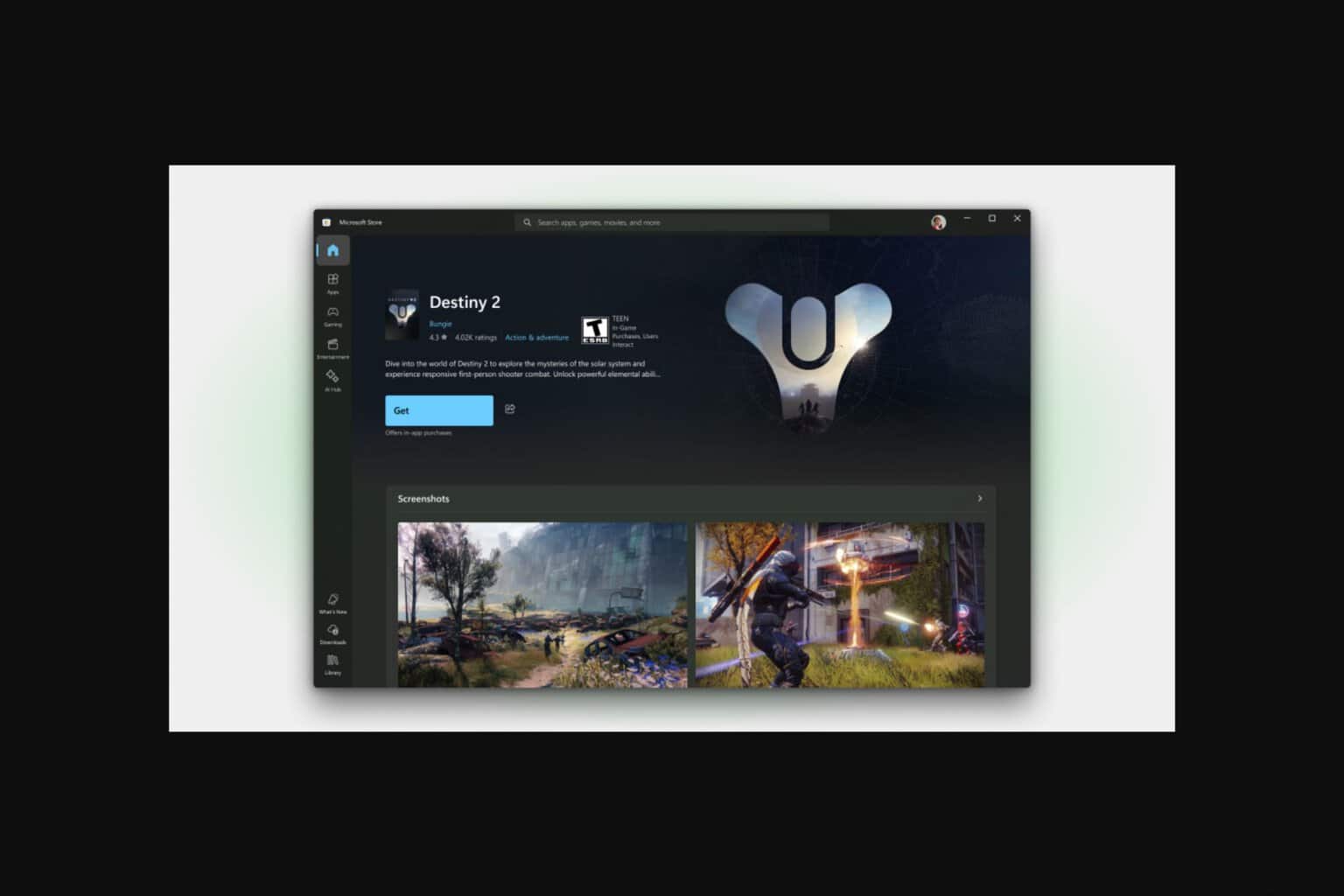

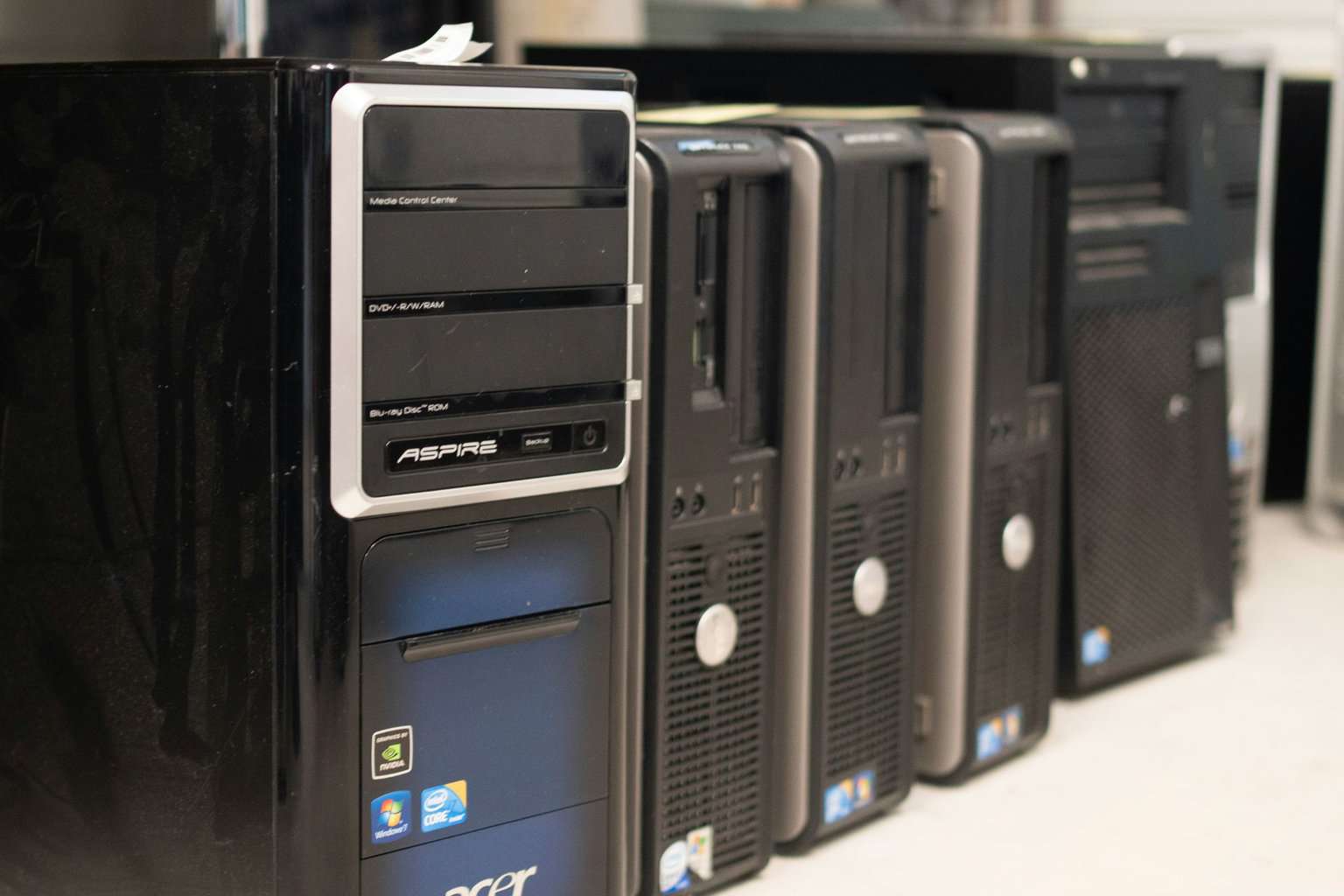
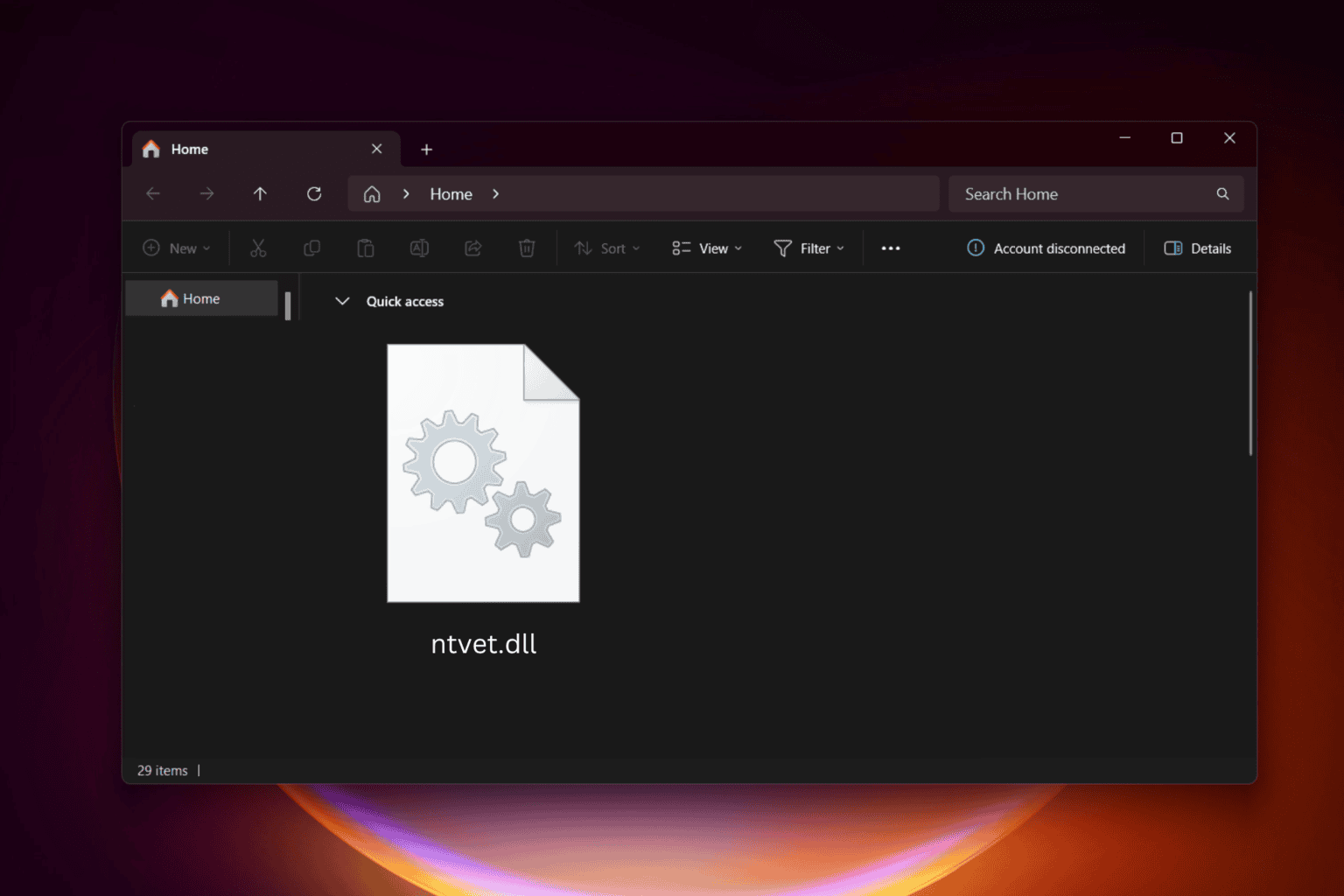
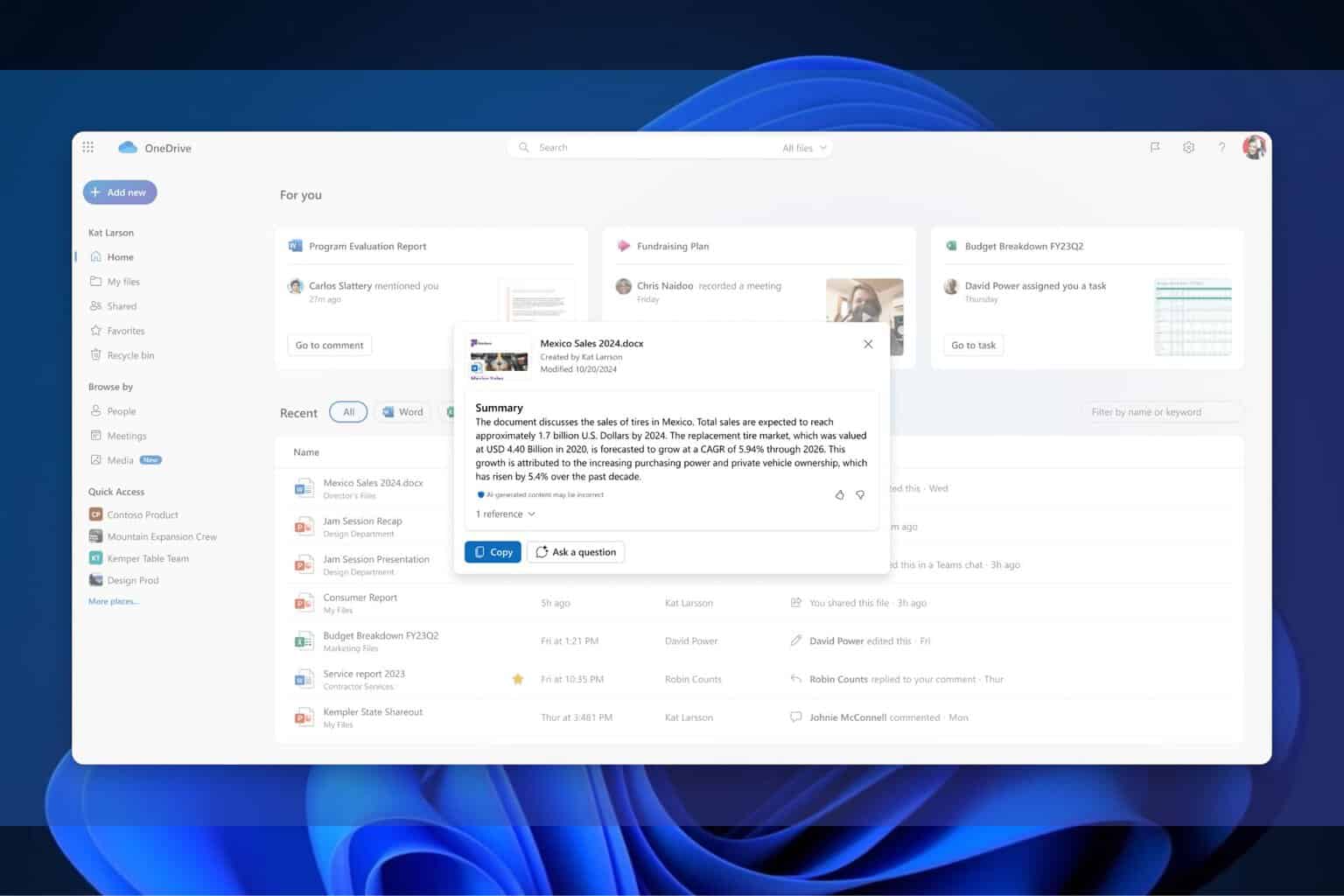
User forum
0 messages